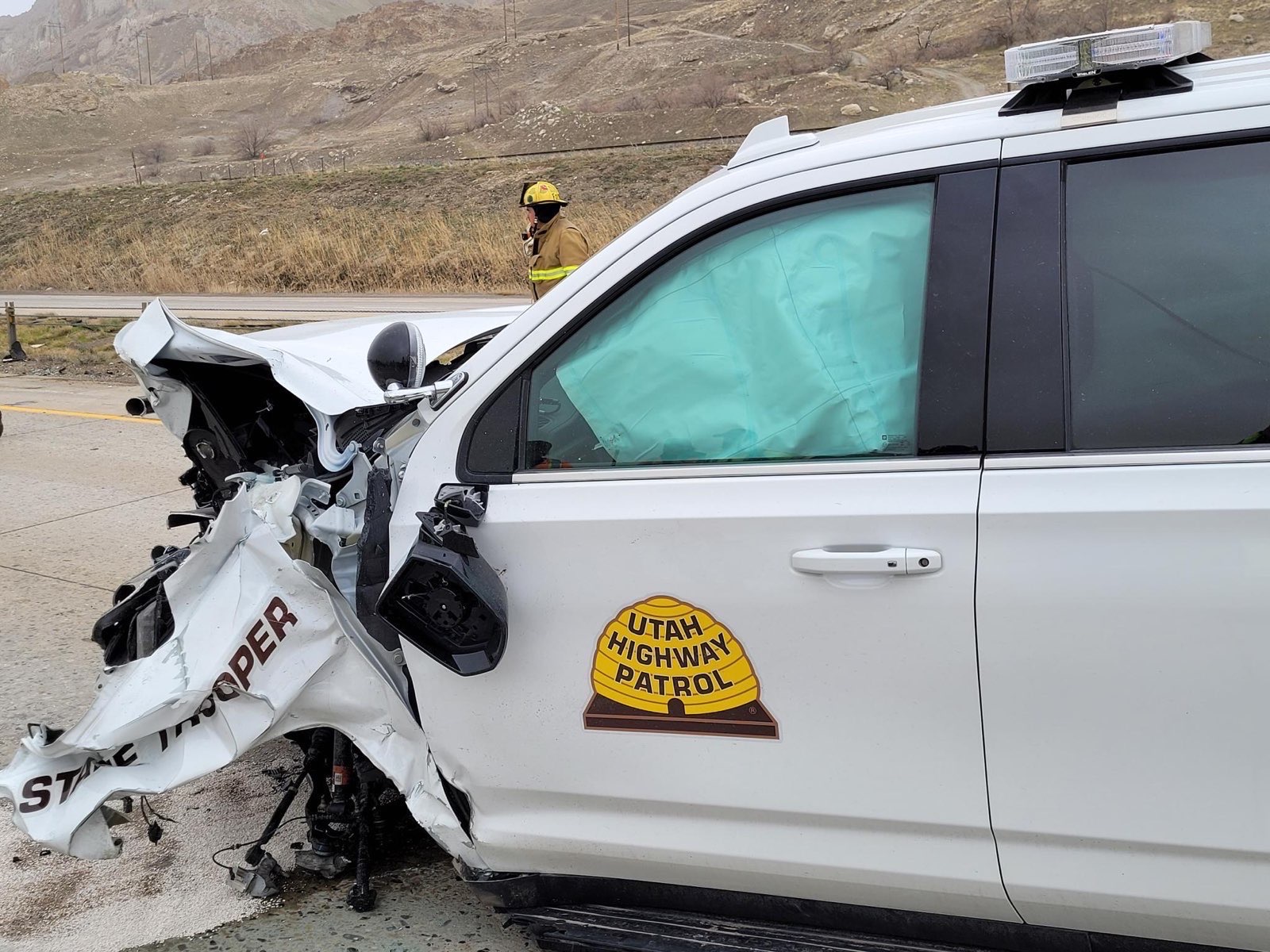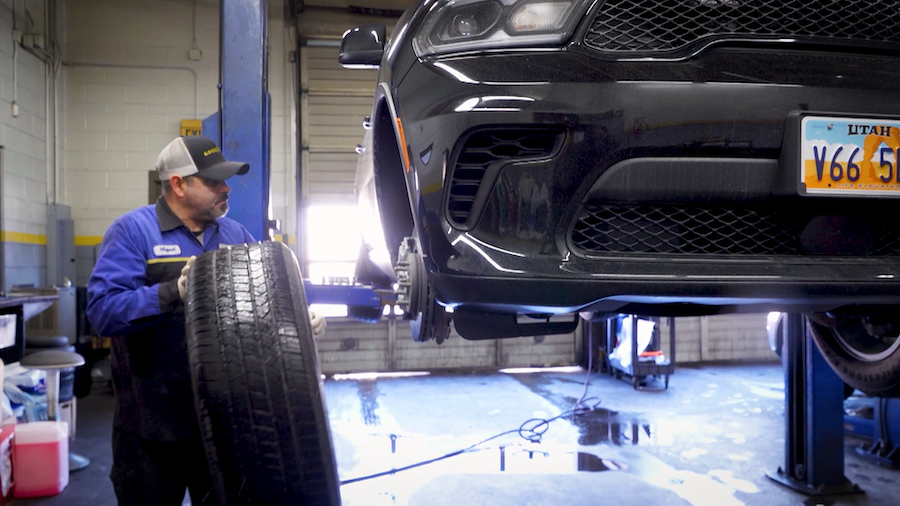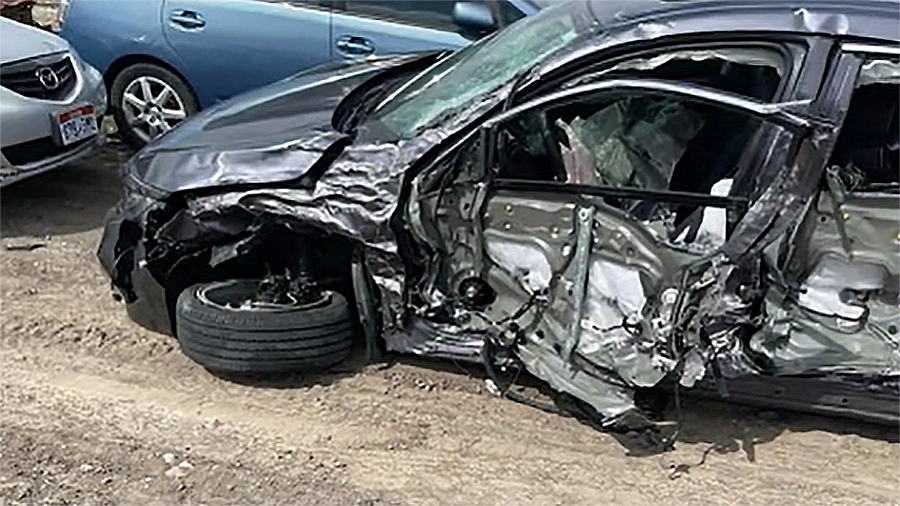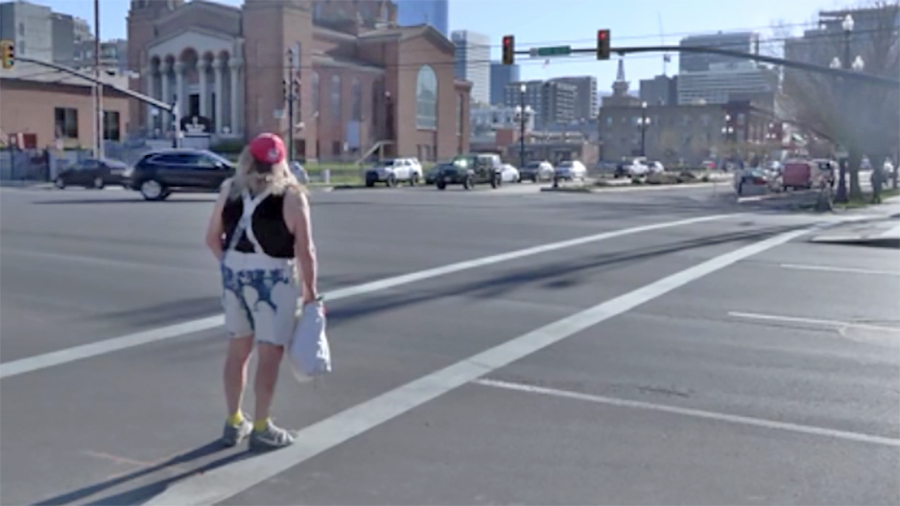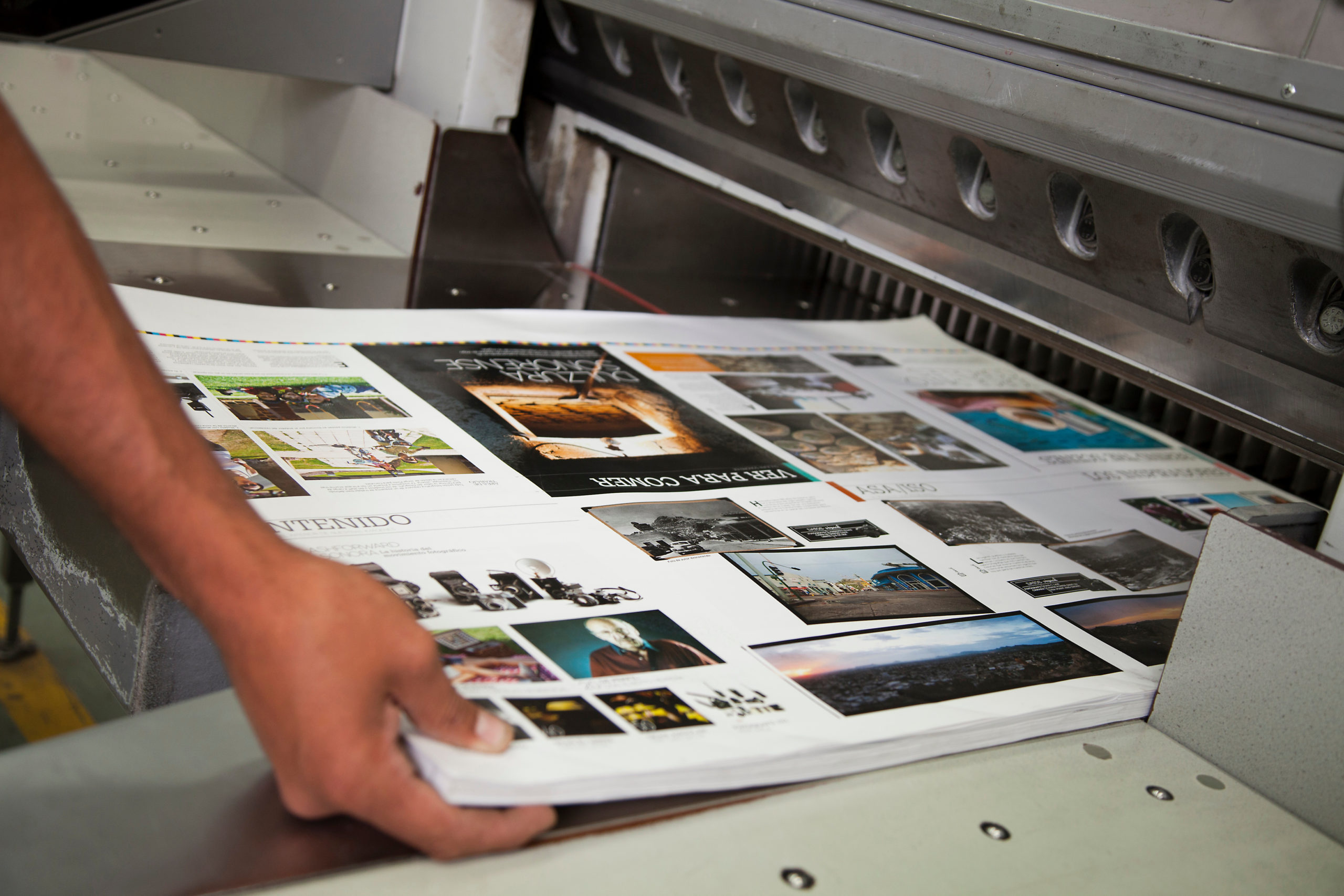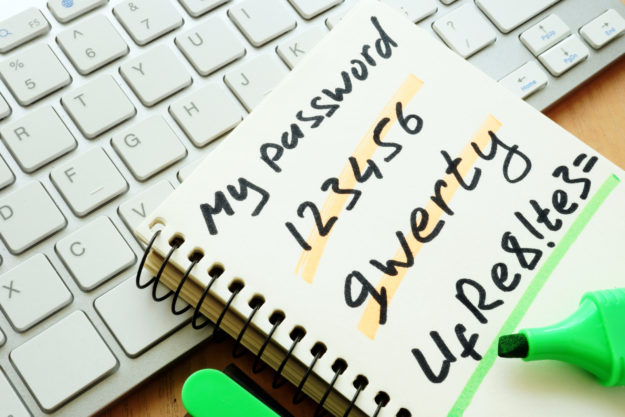ROAD TO ZERO
Psychologist: stress is major factor of speeding and aggressive driving
Jul 12, 2022, 5:15 PM | Updated: Jul 26, 2022, 3:56 pm
SALT LAKE CITY – During the past two years, excessive speeding and aggressive driving spiked on Utah roads, along with deaths. Zero Fatalities and the Utah Highway Patrol have tried to figure out why, with few solid answers.
“We’re seeing so much more of it these days than we did prior to the last couple of years,” said John Gleason, a UDOT Spokesman on behalf of Zero Fatalities.
Excessive speeding has become such a problem that Utah lawmakers strengthened the penalties in May for those who drive over 105 mph.
In spite of that, state troopers ticketed twice as many motorists driving 100 mph or more on Memorial Day this year than last year. They handed out 130 citations this year compared to 66 last year during the Memorial Day weekend.
But the question still remains, why are some people so willing to risk a ticket or even a deadly crash?
Early in the pandemic, there were fewer cars and more open roads for speeding. But, Dr. Laura M. White, a clinical psychologist with Huntsman Mental Health Institute and adjunct professor in the Department of Psychiatry at the University of Utah said there’s more to it.
“There’s not a lot of research out there,” she said. “This is all new.”
As a psychologist, she regularly does risk assessments with teenagers. White said stressors like adversity at work, prolonged trauma at home, and the pandemic takes a toll.
“I think we could argue the pandemic is incredibly big. I think that everybody would say that they’re stressed about it,” the psychologist said.
That stress can impair psychological, physical and social functioning.
“There are all of these impairments that seem to happen, and then when you have all of these difficulties and impairments it’s been linked to an increase in risky behavior,” White said.
So, stress can open the door to riskier behavior. It can also impair the ability to make decisions, solve problems, and think before acting, which is impulse control.
“Your brain just is not functioning as well,” Dr. White said. “You’re not thinking as clearly and making as good decisions. Then, you get behind the wheel and all of a sudden you’re reacting slower, you’re not thinking clearly.”
Some drivers also have a hostile attribution bias in which a person misinterprets ambiguous situations as hostile.
“They’re kind of assuming people are out to get them, and they are driving in a very reactive kind of defensive way,” she explains.
For example, if that person is cut off in traffic, instead of letting it go, they react.
“They think other people are being hostile or threatening, and they need to react and do something about it,” White said.
“If you are someone who is stressed and you’re not thinking as well, you may think that person did that on purpose how dare they cut me off,” she continues. “Now, you’re going to tailgate them and honk and drive aggressively and put themselves in a situation where they are likely going to get into an accident.”
Stress and feelings of burnout are also linked to higher levels of cynicism, the psychologist said.
“They’re not feeling as empathetic or caring for other drivers.”
This is why Zero Fatalities encourages everyone to leave their stress at home.
“For Zero Fatalities, we’ve really put an emphasis on driving calm and driving focused,” said Gleason.
Dr. White encourages motorists to monitor their behavior and ask themselves whether they are responding to stress behind the wheel. If so, she said, they should take a deep breath and refocus on driving.





